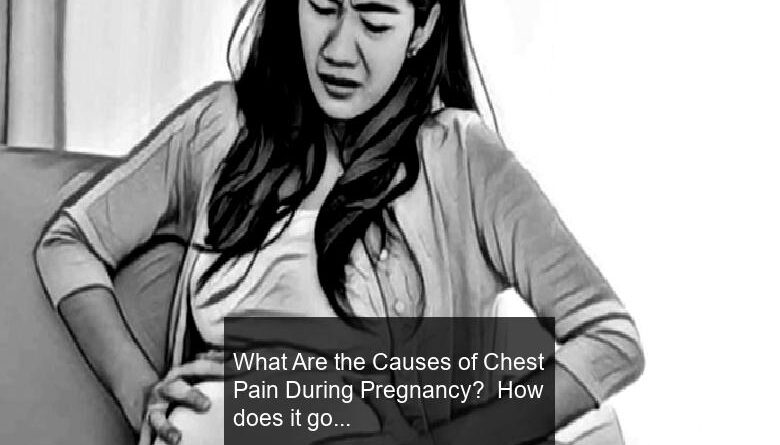What Are the Causes of Chest Pain During Pregnancy? How does it go? Should I Go To The Doctor?
Are you having chest pain during pregnancy, are you worried, is this just another usual pregnancy symptom or something more? Chest pain during pregnancy can be alarming, but it’s not uncommon. There can be many reasons for this and most of the time it has nothing to do with your heart.
But in rare cases, chest pain while pregnant can be associated with a significant health problem. Request chest pain during pregnancyand what you need to know about when to see a doctor.
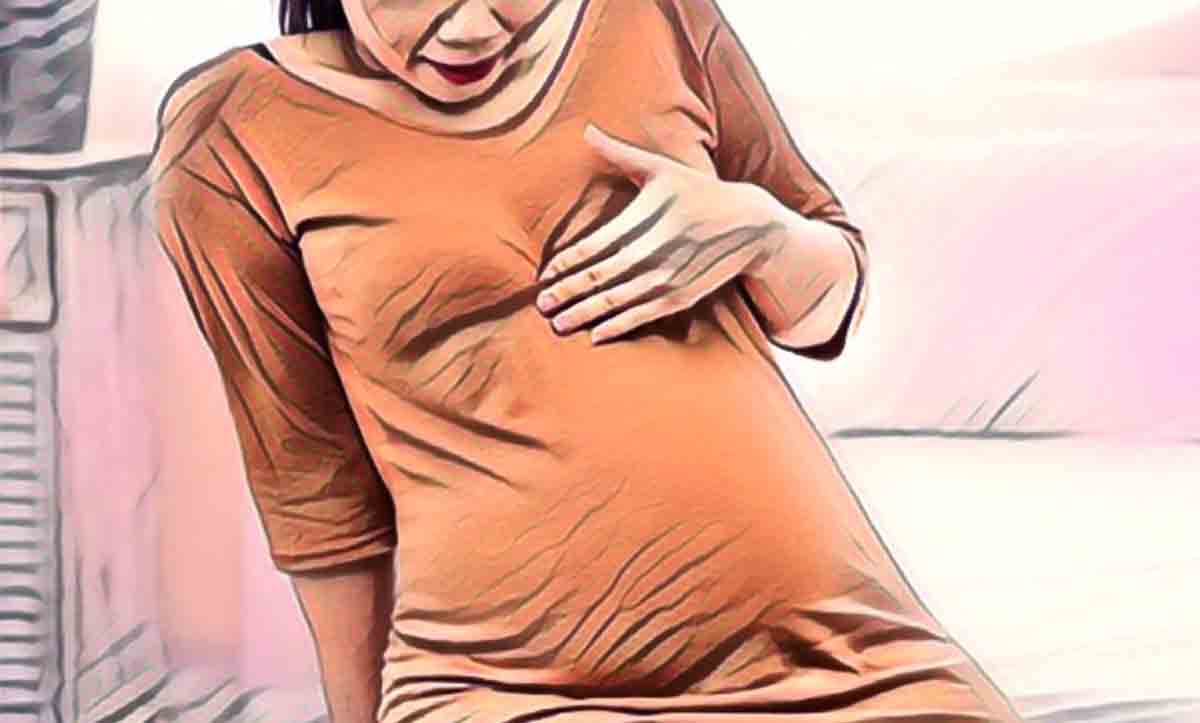 chest pain during pregnancy
chest pain during pregnancySymptoms that may accompany chest pain during pregnancy
Especially as your pregnancy progresses, all the changes and shifts in your body can increase your heart rate to be higher than usual. Your growing baby may also push your stomach and lungs.
For this (completely normal) reason, besides your chest pain:
- shortness of breath
- heart palpitations
- fast heart rate
- low blood pressure
- tiredness
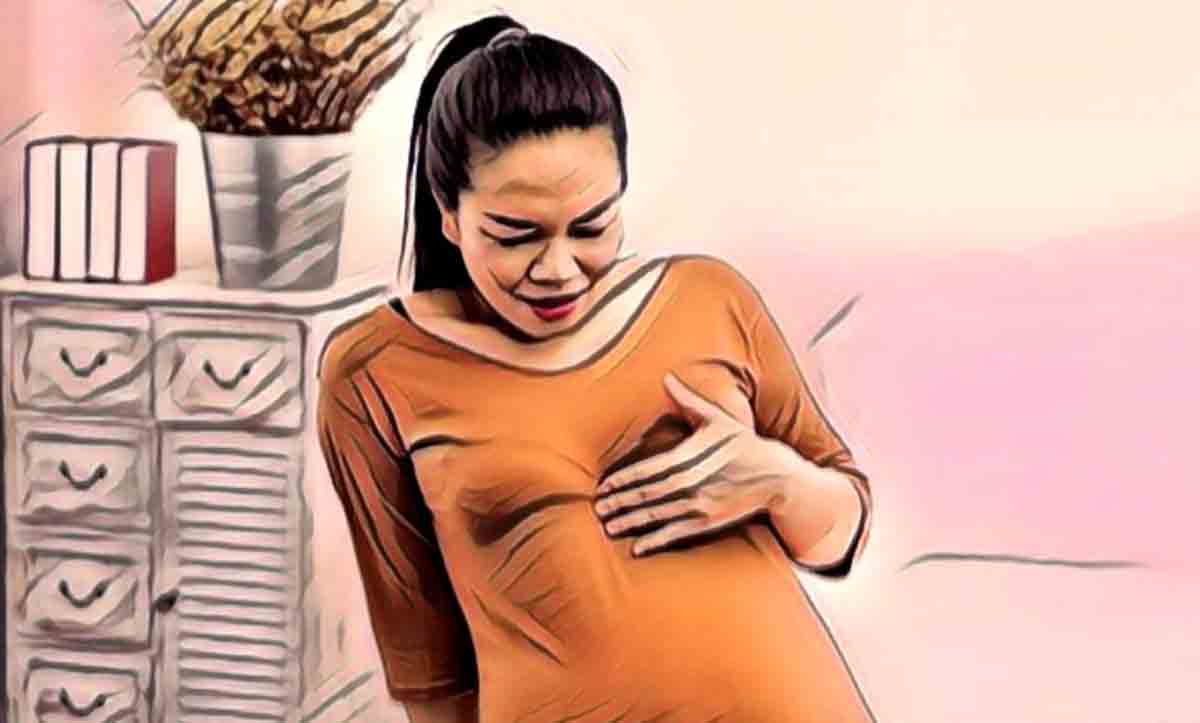 causes of chest pain during pregnancy
causes of chest pain during pregnancyCauses of Chest Pain in Early Pregnancy
Anxiety
The excitement of a new pregnancy can quickly turn into anxiety and tension if you are just starting to experience and experience physical changes, or if it is your first pregnancy after a miscarriage in your previous pregnancy.
You may be feeling tense or fussy, or you may even be having a panic attack. This can happen at any time during your pregnancy, but especially when you’re still getting used to the idea of a new (challenging) bundle of joy or are worried about your baby’s well-being. All these feelings can give you physical symptoms such as chest pain.
You can also have:
- chest tightness
- dizziness
- feelings of tension
- rapid breathing
- difficulty concentrating
morning sickness
 causes chest pain during pregnancy
causes chest pain during pregnancySometimes the first signs that you are pregnant are nausea and vomiting. Morning sickness can happen at any time of the day (and sometimes at night). It’s caused by the rising hormones your body starts producing when you get pregnant.
All the nausea and vomiting can sometimes lead to discontinuous weight loss and even dehydration.
Significant morning sickness in pregnancy can cause chest pain. You may experience chest pain when acidic vomit repeatedly irritates your throat. Always gagging can also tire your stomach and chest muscles, causing muscle pain. How to Treat Nausea and Vomiting During Pregnancy? You can check our article.
asthma during pregnancy
If you have asthma during pregnancy, you may get worse. This can give you more severe asthma symptoms than you’re used to, and can lead to chest tightness, shortness of breath, and chest pain during pregnancy.
Lung infections, colds, severe allergies, or pneumonia during pregnancy can also cause chest pain. Chest pain from lung issues can occur at any time, including in the first trimester.
Important:Tell your doctor immediately if you develop any new illnesses resulting in fever or flu-like symptoms during pregnancy.
Painful burning sensation in the chest
Acid reflux can cause chest pain that feels like your heart is on fire. This very common cause of chest pain during pregnancy has nothing to do with your heart. Heartburn pain typically happens near the middle of your chest. The pain may go up to your throat.
Chest pain caused by heartburn during pregnancy occurs when acid from the stomach splashes into the esophagus, the tube leading from the mouth to the stomach.
Higher levels of the hormone progesterone during pregnancy may be responsible. This hormone relaxes the round sphincter muscles, which normally close the opening in the upper part of the stomach. This leak, and also the extra urge in the stomach as your baby grows, causes heartburn and chest pain during pregnancy.
Although heartburn is more common in the second and third trimesters, some women also experience it in the first trimester.
Gas pain and bloating during pregnancy
It can cause bloating, odors, and noises you hope no one hears. Gas can also cause chest pain during pregnancy. This is sometimes called indigestion. Indigestion occurs when gas gets trapped in the upper part of your stomach. If you’re gassy, you may experience chest pain in the lower or upper part of your chest close to your heart to worry you.
Pregnancy chest pain caused by gas is more common in the second or third trimester as your growing baby pushes her stomach straight up. However, it may occur earlier in the first trimester.
What Causes Chest Pain During Pregnancy? Other Reasons
breast pain
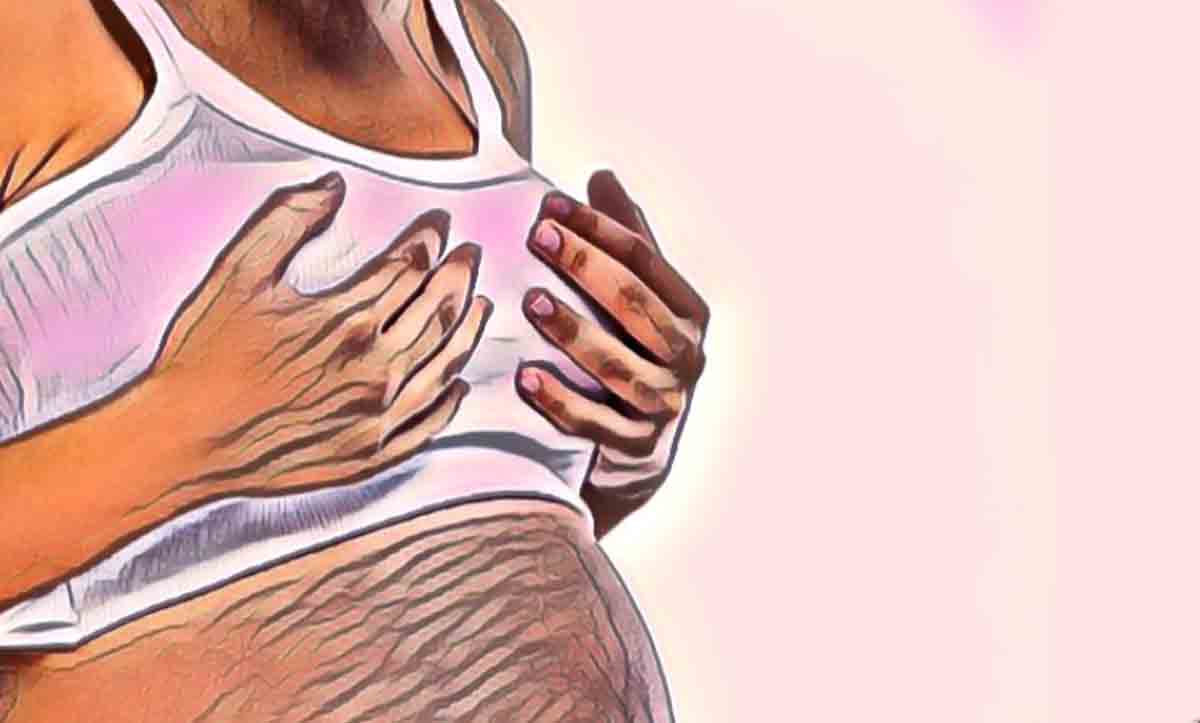 causes of chest pain during pregnancy
causes of chest pain during pregnancyPregnancy makes you more sensual as your body prepares to nurture your baby. Hormonal changes during pregnancy mean you can go up several bra sizes! This can cause chest pain during pregnancy.
Breast pain from enlarged breasts is usually worst during the third trimester, but you may experience breast pain or breast tenderness from the first trimester.
rib pain
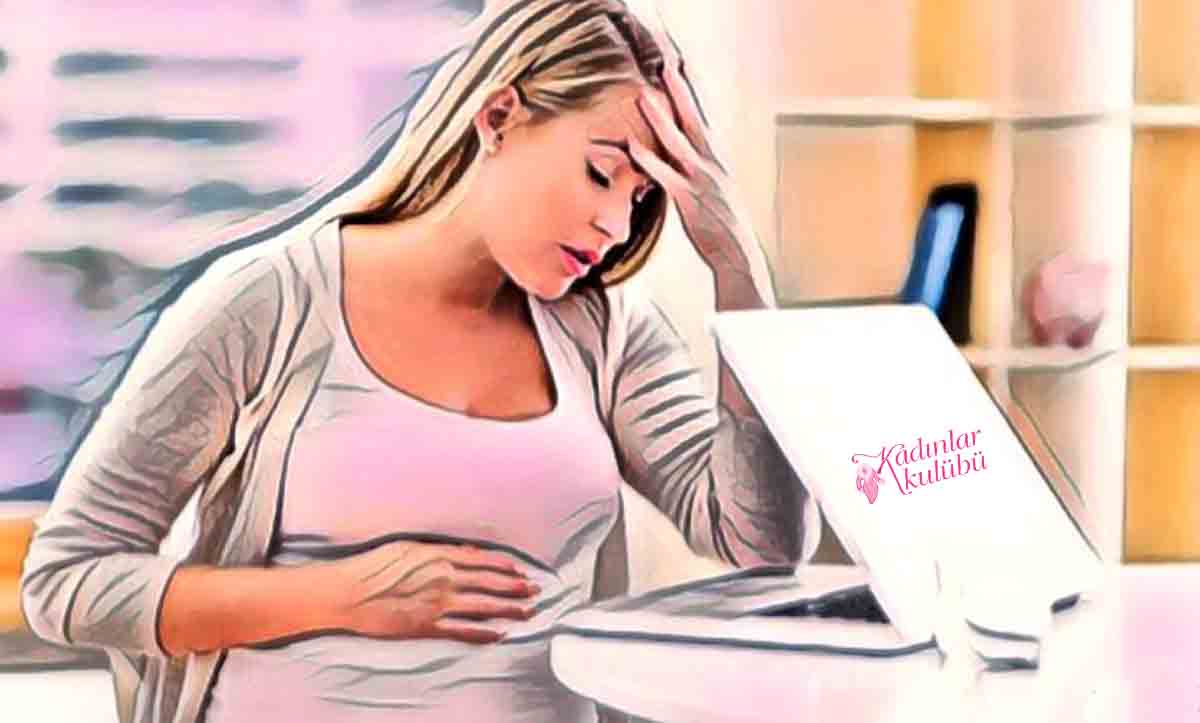
You know that your body undergoes miraculous changes during pregnancy, but did you know that even your bones move?
Along with your blooming belly, the rib cage also expands during pregnancy. This mostly happens in the third trimester, but it can happen as early as the second trimester. This can stretch the rubbery cartilage that connects the ribs to the breastbone, causing pain and tenderness.
Rib pain or costochondritis can cause chest pain during pregnancy. It can also make deep breathing painful in the late stages of your pregnancy.
lung blood clot
A blood clot in the lungs or a pulmonary embolism (PE) is a rare cause of chest pain. However, this is important. This life-threatening condition occurs when a blood clot causes a blockage in the lungs.
You are at higher risk if you are overweight or obese during pregnancy and have a history of a blood clot or genetic disorder, such as factor V Leiden, that predisposes you to clots. Pregnant women may experience pulmonary embolism during or after childbirth. In very rare cases, it can occur in the late third trimester of pregnancy.
Pulmonary embolism causes symptoms such as:
- chest pain when taking deep breaths
- pain when coughing
- fast heartbeat
- leg swelling
Important:If you suspect a blood clot may form, notify a doctor immediately.
serious heart conditions
There are also important, potentially life-threatening conditions that can cause chest pain later in pregnancy. These include peripartum cardiomyopathy and myocardial infarction (heart attack).
Important:While these conditions are not possible, it is always valuable to let your doctor know if you have chest pain so they can be ruled out.
How is Chest Pain During Pregnancy? Natural Solutions in the Residence
Multiple causes of chest pain during pregnancy are common. You will not need medical treatment. Depending on the cause of your chest pain, you can sometimes help soothe it with residential treatments.
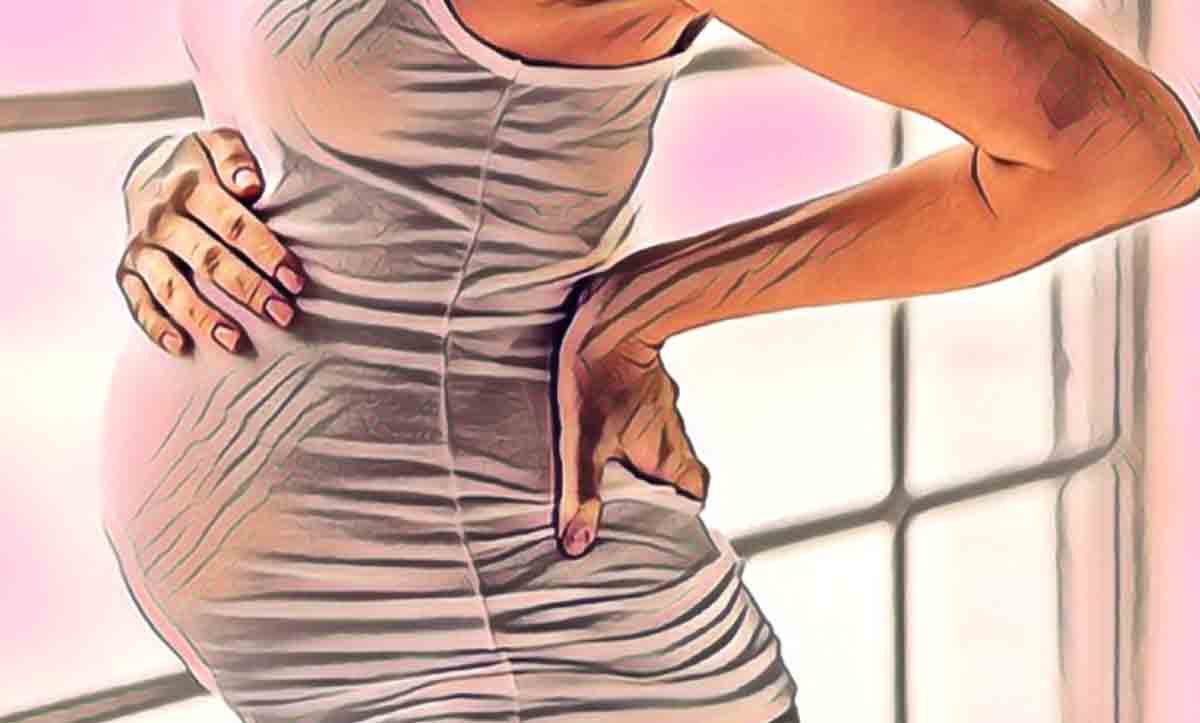 causes of chest pain during pregnancy
causes of chest pain during pregnancyTips for chest pain while pregnant include:
- Try meditating, listening to soothing music, and imagining holding your baby in your arms if you’re anxious.
- Eat several, smaller meals to relieve nausea and vomiting.
- Avoid spicy foods.
- Avoid other foods that can make your heartburn worse.
- Avoid eating foods that make you gassy, such as processed foods and sugary foods.
- Drink ginger tea to help soothe an upset stomach.
- Use cold compresses to relieve swelling and muscle pain.
- Apply a warm compress or hot water bag to relieve muscle and rib pain.
- Sleep or lie down with a body pillow to support the extra pounds.
- Lie on your side to help reduce pressure on your chest and lungs.
- Choose comfortable bras that are not too tight.
When Should You See a Doctor for Chest Pain During Pregnancy?
See your doctor quickly if you have persistent, severe chest pain or other symptoms that occur at rest or even while lying down. Some pregnant women can get high blood pressure and other conditions that can affect the heart.
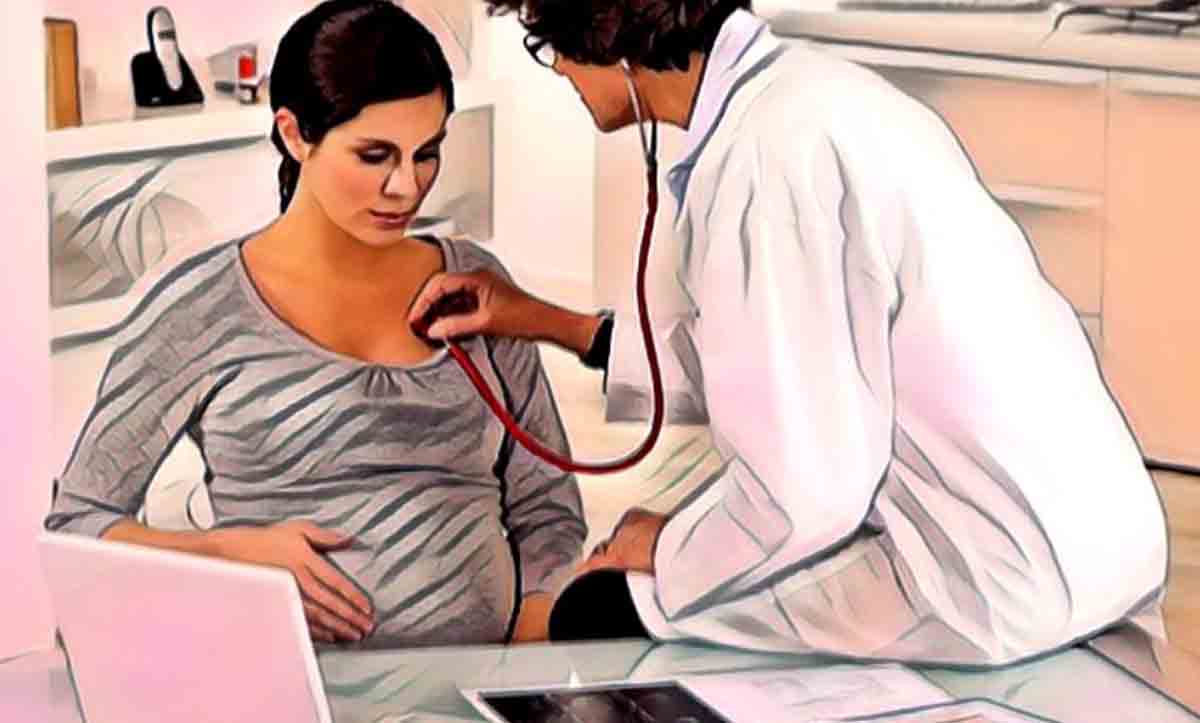 chest pain treatment during pregnancy
chest pain treatment during pregnancyGet emergency medical help if:
- severe shortness of breath or difficulty breathing
- fainting
- sudden shortness of breath
- chest pain that worsens when coughing
- heart palpitations
- fast heartbeat
- extreme nausea and vomiting
- headache
- blurred vision
- dizziness
- dark-colored urine or peeing less than usual
- leg or ankle swelling
- leg or ankle swelling on one side only
- swelling in any part of your face or body
- calf muscle pain or leg pain
Tell your doctor if you have had chest pain and have experienced varicose veins or blood clots during pregnancy. Also, let your doctor know if your mother or someone in your close family has a history of heart disease, stroke, blood clots or varicose veins. You may have a higher risk of having a pulmonary embolism if it runs in your family.
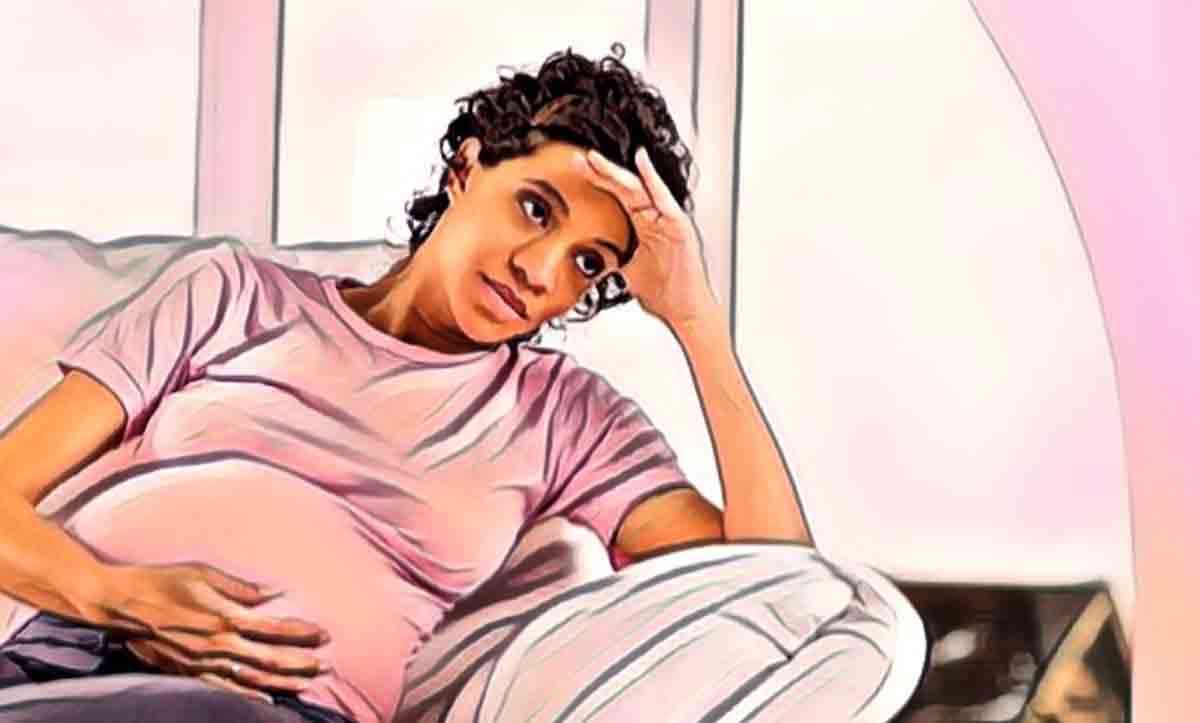 when does chest pain start during pregnancy
when does chest pain start during pregnancyChest pain during pregnancy is usually nothing to worry about. Multiple causes of chest pain have nothing to do with your heart. Tension, colds, asthma, and other common conditions can cause chest pain while pregnant. The increased burden of your new baby, changing body and changing organs can also cause chest pain. In rare cases, chest pain and other symptoms may be a sign of a more serious health condition. Tell your doctor if you have severe symptoms or don’t feel completely real.
Medical treatment for chest pain during pregnancy
Most pregnant women do not need treatment for chest pain. However, if you have severe chest pain during pregnancy, or if the underlying cause does not disappear or is serious, your doctor may recommend medical treatment.
Medication or treatment for an underlying cause of chest pain can help prevent it. For example, your doctor may change your asthma medication during pregnancy to help prevent chest pain.
If you have severe morning sickness, your physician may recommend medication and intravenous fluids to help control nausea and vomiting.
Wearing compression stockings and walking frequently can help prevent blood clots in your legs and any other part of the body. Your doctor may also prescribe a blood-thinning medicine called heparin to help prevent blood clots after you deliver your baby.
If you have blood pressure issues, you may need medication or a medication adjustment that your doctor can only prescribe.

